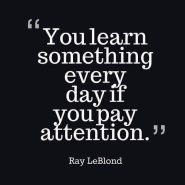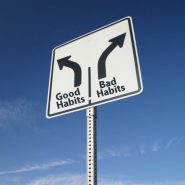Tag: effort
By Martha Baldwin March 9, 2015
By Selma Gokcen January 20, 2014
Subjects Playing Healthy
Tags Alexander Technique, attention, available energy, creative, daily practice, deeper understand, effort, Einstein, flexible, free state of alertness, full attention, Gokcen, impressions, listening intently, living in question, Mind, motivation, partial attention, Patrick Macdonald, paying attention, refined skills, refining skills, releasing excessive tension, Selma, sensations, Theory of Everything, unanswerable questions, wasted energy
By Selma Gokcen November 5, 2012
Subjects Playing Healthy, Practicing
By Selma Gokcen October 2, 2012
Subjects Playing Healthy, Practicing
By Selma Gokcen October 22, 2011
Subjects Playing Healthy





